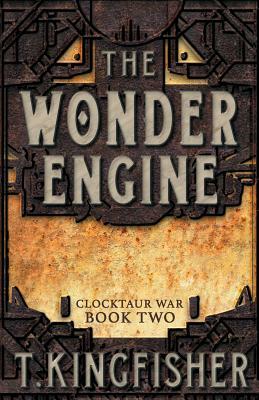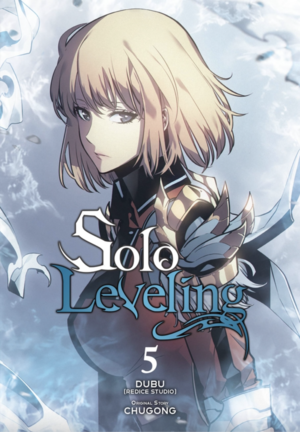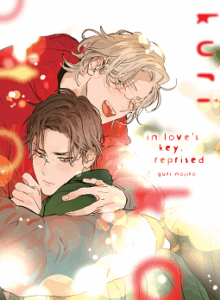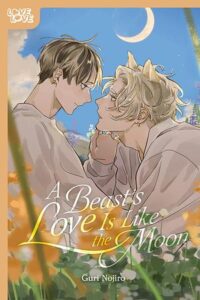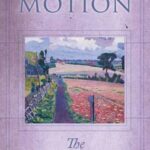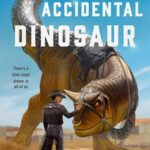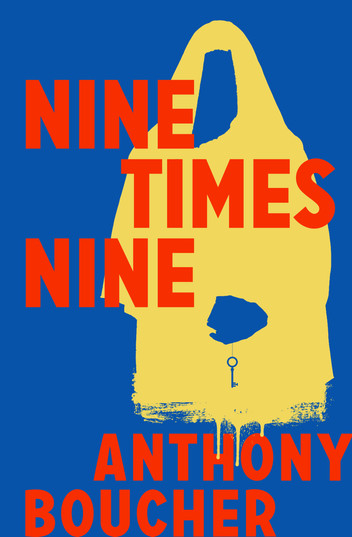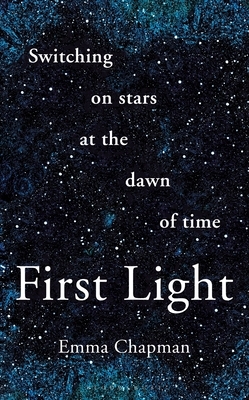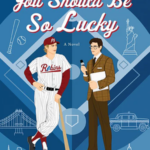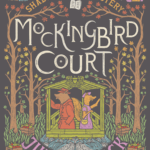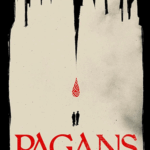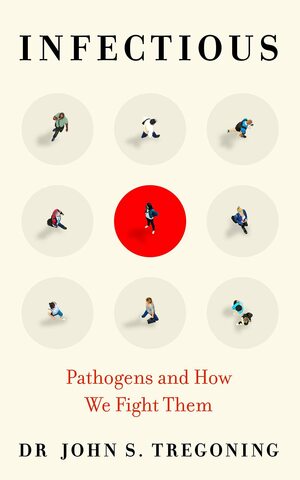
Infectious: Pathogens and How We Fight Them
by John S. Tregoning
Genres: Non-fiction, SciencePages: 384
Rating:

Synopsis:Nature wants you dead.
Not just you, but your children and everyone you have ever met and everyone they have ever met; in fact, everyone. It wants you to cough and sneeze and poop yourself into an early grave. It wants your blood vessels to burst and pustules to explode all over your body. And – until recently – it was really good at doing this… Dr John S. Tregoning has dedicated his career to answering these questions. Infectious uncovers fascinating success stories in immunology and virology, making this book not only a vital overview of infection, but also a hopeful story of ongoing human ingenuity. Covid-19 may be only the first of many modern pandemics. The subject of infection and how to fight it grows more urgent every day. How do pathogens cause disease? And what tools can we give our bodies to do battle? The human body is a marvel – but what happens when it comes under attack? A fascinating guide to why we get sick and how we get better.
It’s worth me admitting up front that it might possibly be time for me to stop reading most popular science that focuses on immunity or disease. I used to find it soothing, but I’m a difficult audience to please now, since I’m not a layperson (MSc in Infectious Diseases), and so my enjoyment/interest tends to hinge on style.
Which is unfortunate in the case of John S. Tregoning’s Infectious, because I found his humour schoolboyish and annoying, and at times, inappropriate for the topic. Half of his footnotes are just terrible jokes, or explaining terrible jokes, and if his students laugh at them in his lectures then either he’s got a lot of in-person charisma or they’re sucking up. Or they’re laughing at him.
The first half of the book is excruciatingly simple from my perspective, which doesn’t help; it’s a decent enough primer for someone who knows just a little bit, though I’ve definitely read others put it across more interestingly. (Honestly, if it’s a primer you want, Philipp Dettmer’s Immune would be my recommendation.) The second half of the book is a bit better, though the whole is studded with some terrible opinions such as:
- He doesn’t like wearing a mask, so he agrees with research that says masks don’t help prevent the spread of aerosolised infections (i.e. he explicitly admits to confirmation bias);
- He’s had COVID, so he won’t have it again and he can relax about any precautions, and he won’t be able to spread it to anyone else (then proven wrong by his own afterword, where he admits to having caught COVID twice in a year);
- Andrew Wakefield has only had to retract two papers, so his lies must be the result of “compounded error” and not blatant corruption (see Brian Deer’s The Doctor Who Fooled The World if you’re unsure on this front)…
I’ll stop, I’ll stop.
The book needed a firm and knowledgeable editor, and the paperback should have been updated to remove some of Tregoning’s more careless (and thus dangerous) predictions about COVID. There were some snippets of interest, and I appreciate his care to pick out neglected scientists (often women) whose work was not properly recognised in their time (or sometimes even now), and his calling-it-what-it-is about James Watson’s racism, etc.
On the other hand, instead of just omitting his “Nuns and Slappers” example, he mentioned that he couldn’t include it because of wokeness. So there’s that.
Altogether, when I look back on it, reading it was a chore and the new stuff I learned was very limited in nature (that the record amount of rice-water stool expelled during cholera infection is allegedly 80 litres, and that we allegedly don’t know how paracetamol or ketamine work; in this moment, I don’t even know if those things are true).

